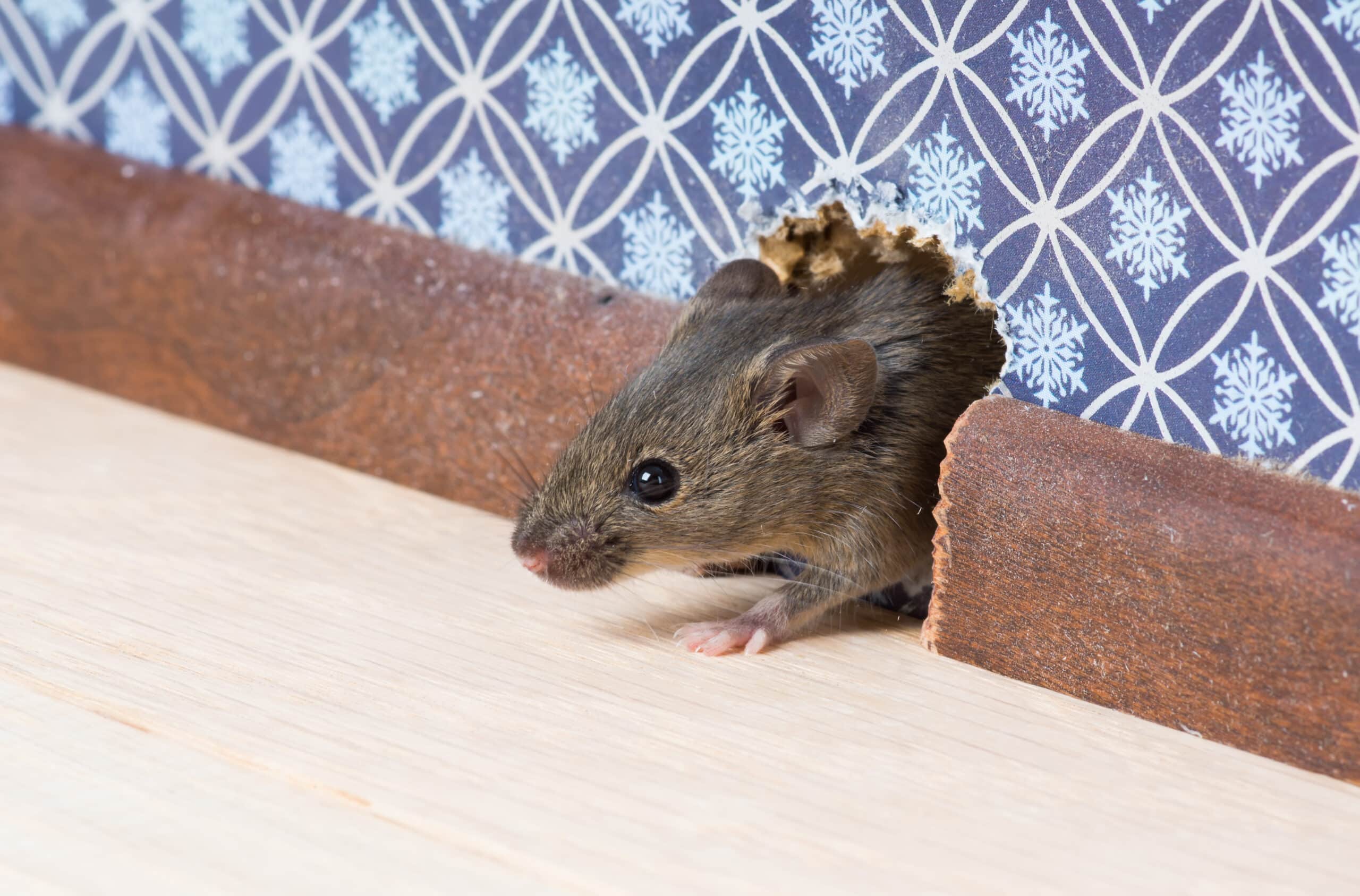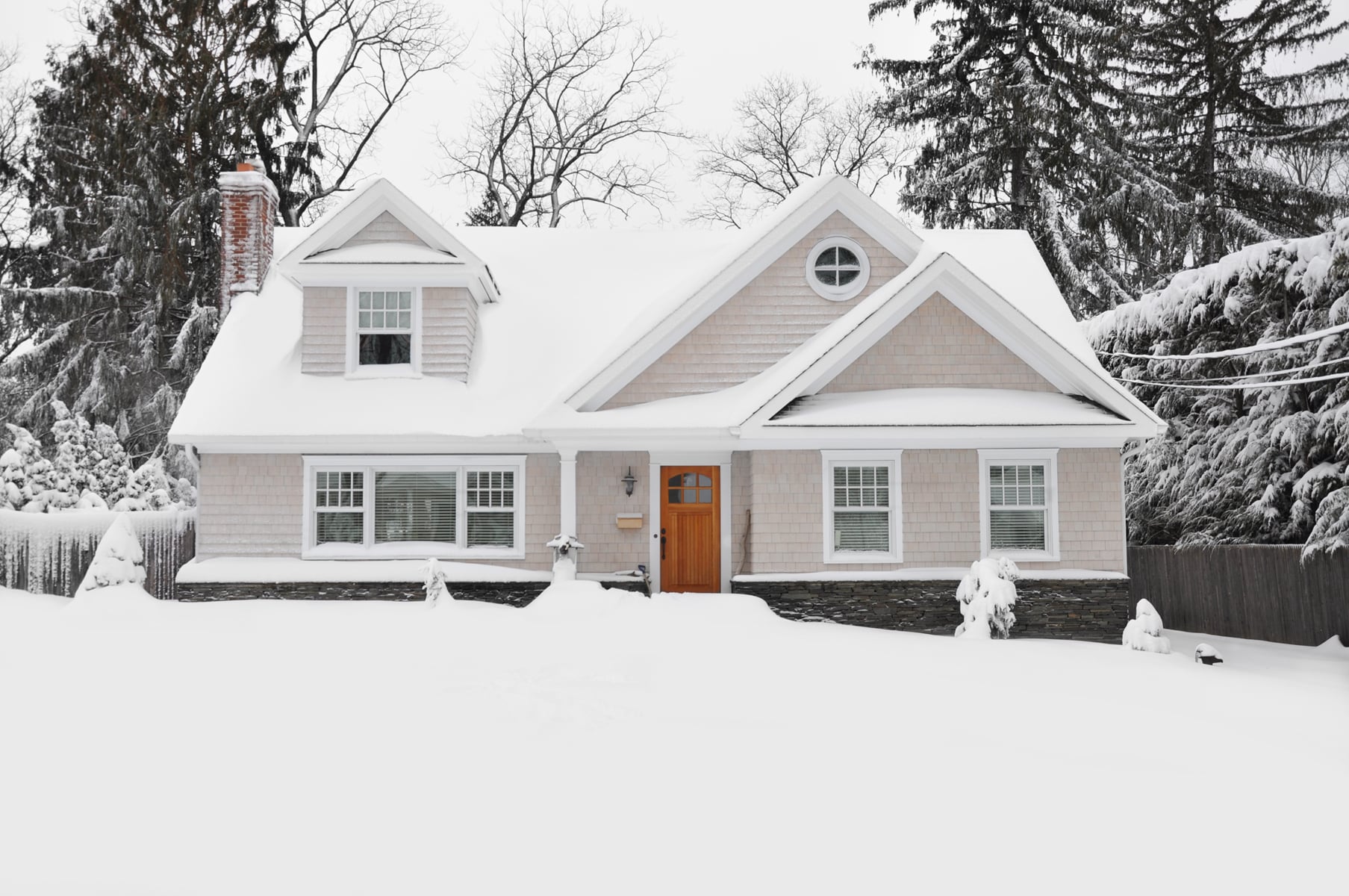As we are settling into the cold weather, have you ever wondered how the heating system works? Jeff, our FYI Home Inspection Guy, is here to give the inside scoop on how the system works and common issues he finds while on an inspection.
The goal of a heating system is to generate and distribute heat throughout the home. The most common system is generated centrally, in a boiler or furnace, and is distributed by water in pipes or by air through ducts. If the heat from the gas, oil, or electricity is transferred to air, the system is called the furnace. Where the system is using water, this is a boiler. Any fuel can be used for either system.
The common fuel types are natural gas, electricity, oil, and propane. Fuel choice is usually based on availability, cost, efficiency, cost, and equipment durability. Let’s go into a little more detail on gas and electric fuel and furnaces.
Natural gas- homes with natural gas have underground piping that delivers gas to the home from a utility’s distribution network. Gas piping indoors will usually be steel. Gas meters will usually be on the house’s exterior, with a valve to shut off the gas. This allows accessibility for the gas company and safety. Meters may have a regulator to provide the right gas pressure for the home. The main safety concern is a leak in the piping. This is usually found in the joints. Leaks can be noted by odor. A leak is a potentially life-threatening situation. If a leak is noted, everyone in the home should leave immediately and contact the gas company.
Electric furnace- Cool air is blown over a heating element. Since there is no combustion, the typical systems found in other furnace types are replaced by electric elements sitting directly in the air stream. The blower forces house air across the heating elements and the warmed air is pushed out through the supply ductwork. The most common problem with electric furnaces is a lack of heat due to a system’s failed element. In some cases, the electric supply has been interrupted by a tripped breaker or blown fuse.
One of the most important and most neglected parts of the furnace is the air filter! Furnaces need a filter to clean the air before it goes into the furnace. Filters protect the furnace, keep it clean, and help maintain good air quality throughout the house. Most filters we find in homes are disposable and should be checked monthly. Changing the filter each month adds years to the life of the furnace, which will save money in the long run. Clean filters improve the comfort of the home and adds time to the life of the furnace.
Enjoy the cold weather knowing your heating system will keep your family safe and warm!






